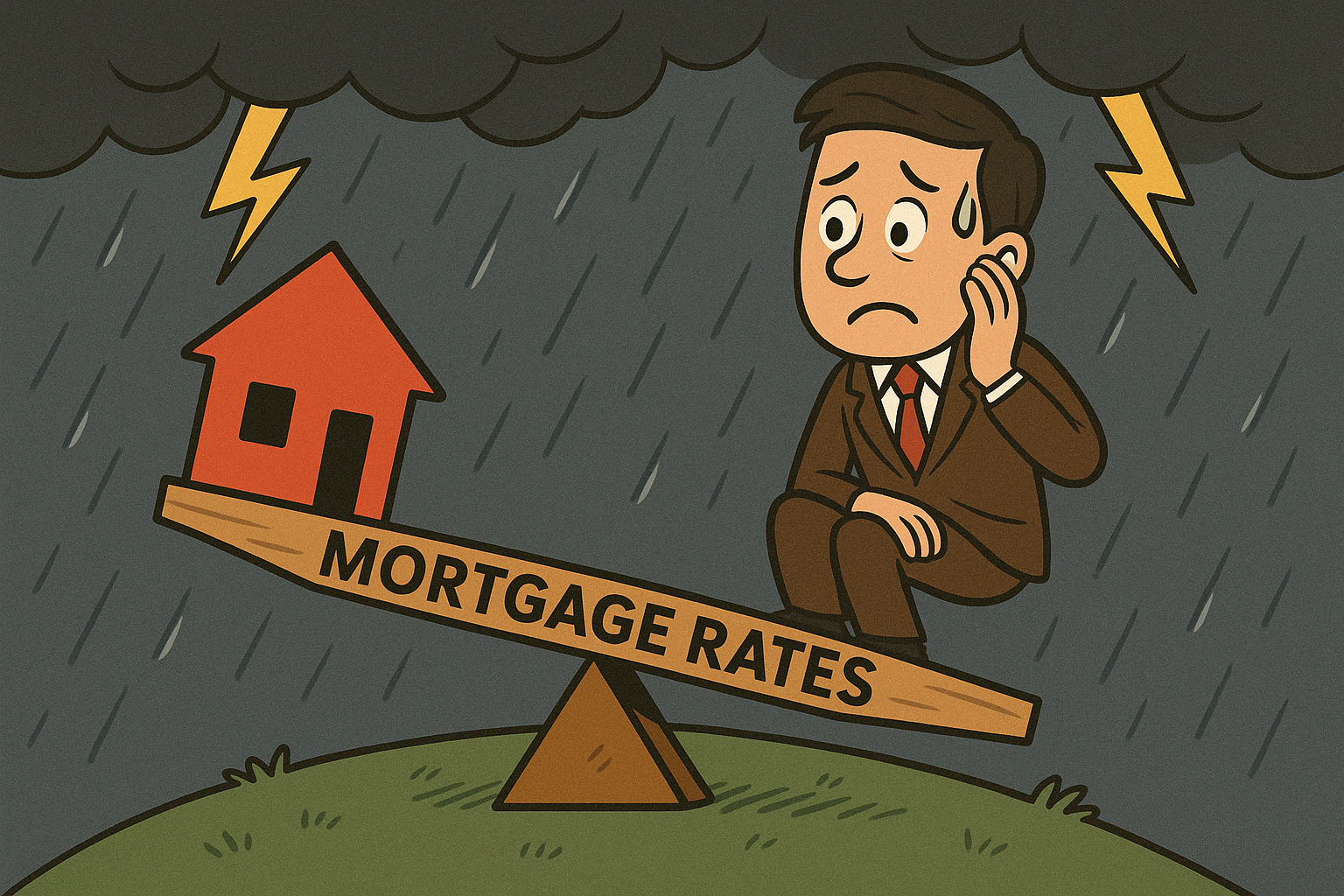So lengthy, 6% fee.
For many years, actual property commissions have been considerably standardized, with most dwelling sellers paying 5% to six% fee to cowl each the itemizing agent and the client’s agent.
On Friday, every little thing modified.
A landmark settlement from the Nationwide Assn. of Realtors paved the way in which for a brand new algorithm that can doubtless shake up your entire business, affecting sellers, consumers and the brokers tasked with pushing offers throughout the end line.
Probably the most pivotal rule change pertains to how consumers’ brokers are paid. Historically, dwelling sellers have paid for the fee of each their agent and the client’s agent, which critics argue stifled competitors and drove up dwelling costs.
The brand new rule prohibits most listings from saying how a lot consumers’ brokers are paid, eradicating the belief that sellers are on the hook for paying each brokers.
The opposite new rule requires consumers’ brokers to enter into written agreements with their purchasers, often known as purchaser brokerage agreements. These agreements define precisely what providers will probably be offered — and for the way a lot.
The modifications will take impact this July, pending court docket approval, and could have main implications on how actual property offers are carried out. Right here’s how consumers, sellers and brokers will doubtless be affected.
Decrease charges for sellers
The obvious takeaway is that if consumers find yourself paying for his or her actual property brokers as a substitute of sellers, sellers are set to save lots of some huge cash.
In February, the common Southern California dwelling bought for $842,997. Beneath the previous system, the place sellers pay each brokers 3% fee, they’d shell out $50,580. But when they solely need to pay one agent 3%, they’d save $25,290.
Consumers, then, can be those footing the invoice for his or her agent. The added expense may appear pricy, however Michael Copeland, an actual property agent in Palm Springs, stated the ultimate numbers would possibly finally shake out the identical beneath the brand new guidelines.
“Consumers had been typically informed by their brokers that they didn’t need to pay something and that providers had been free,” Copeland stated. “However that’s not essentially true.”
Copeland stated when sellers pay 6% fee to separate between each brokers, they pad that quantity into the acquisition worth, so consumers truly find yourself paying extra for the house, and thus, pay for their very own agent.
So beneath the brand new system, consumers could find yourself paying their dealer 3% fee, however the worth of the house may be cheaper for the reason that vendor is barely paying for their very own agent.
Extra flexibility for consumers
One of many largest complaints in regards to the earlier system was that it left consumers out of the negotiation course of. Sellers paid every agent’s brokerage 3% or so, and that was that.
Lawsuits filed towards the Nationwide Assn. of Realtors alleged that the apply saved commissions artificially excessive and incentivized consumers’ brokers to “steer” them towards properties that provided them greater fee charges.
However beneath the brand new system, extra consumers will probably be negotiating straight with their very own brokers — not simply how a lot they’ll pay them, however what providers they need the agent to supply. And people expectations will probably be particularly outlined within the purchaser brokerage agreements, which at the moment are required.
“Some consumers could rent an legal professional and pay a payment to deal with the transaction,” Copeland stated. “Or they’ll wish to rent an agent as a marketing consultant. Somebody they will ask questions.”
Within the age of the web, entry to actual property info is at an all-time excessive. Consumers can know nearly something a couple of dwelling available on the market: not simply bedrooms, bogs and sq. footage, however how a lot the house beforehand bought for, and the way a lot related properties within the space are promoting for.
Consumers can even obtain alerts to know precisely when a home of their worth vary hits the market, so some savvy consumers would possibly go for an agent who leaves the touring course of to them, however might help them look over an inspection report and file the precise paperwork within the closing phases of the deal.
If a purchaser needs a sturdy, hands-on agent that’s obtainable 24/7, they will provide 3% or much more. If they need an agent who can simply deal with the extra technical components of the deal, they might provide 1% or 2%.
Some consumers would possibly attempt to deal with the method themselves and never pay an agent in any respect.
“Good brokers will have the ability to present their worth,” stated Compass agent Michael Khorshidi. “Brokers who aren’t in a position to present their worth received’t profit from this.”
New dynamics — and roles — for brokers
For a lot of brokers, representing consumers may be rewarding since they get to assist somebody discover their dream dwelling, however the course of is usually extra time-intensive. Brokers would possibly spend weeks or months organising excursions for purchasers, and there’s no assure that they’ll even purchase a property in the long run.
For that motive, many veteran brokers favor to symbolize sellers. The work is usually extra environment friendly — particularly in a scorching market, the place offers can shut in days.
So if the brand new guidelines go away much less assured cash on the desk for consumers’ brokers, these brokers would possibly attempt to change sides and solely symbolize sellers. Or in the event that they’re not in a position to make sufficient cash representing consumers, they could exit the business altogether — a pattern that’s already going down in Southern California’s chilly post-pandemic actual property market.
Brent Chang, a luxurious agent energetic in San Marino and Pasadena, stated the brand new guidelines might result in brokers who concentrate on particular forms of gross sales.
“Simply as there are brokers like me who concentrate on promoting landmark properties, a brand new group of brokers will emerge who concentrate on serving to consumers with extremely aggressive properties,” Chang stated.
He stated brokers who’ve a confirmed monitor document of profitable properties for his or her purchasers will have the ability to demand greater commissions.
Or their offers may be efficiency based mostly. For instance, an agent might symbolize you for 3%, and in the event that they get the property for you, it’s one other 3%.
“In the end, if the ruling results in consumers receiving higher service from their brokers, then it has advantage,” he stated. “However I believe it’ll be some time till we perceive the implications of those modifications.”









